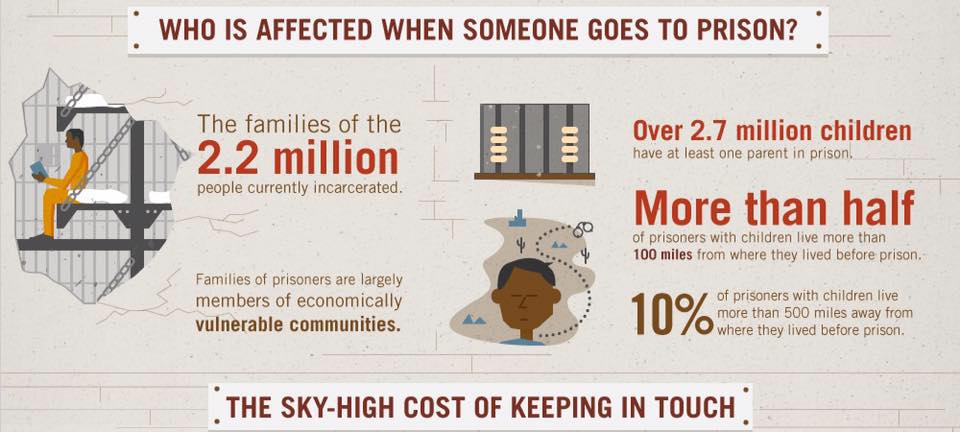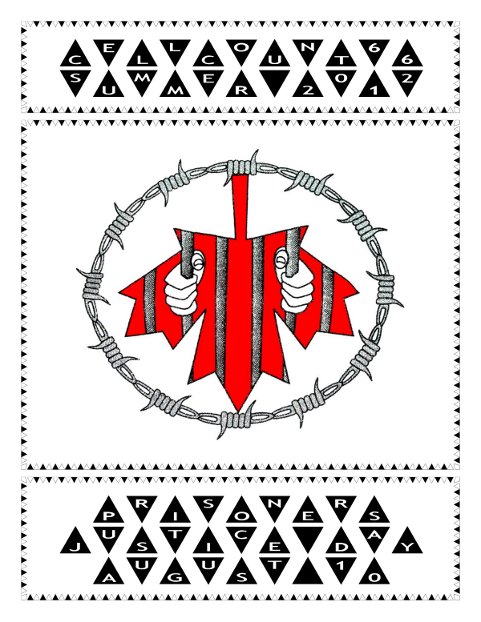By Jeff Shantz
August 10 marks Prison Justice Day (PJD), a day of solidarity among and with prisoners and a day to remember those who have died in prison. On PJD 2018 in Vancouver, about 50 or so people gathered at the Claire Culhane bench in Trout Lake Park. This is the 44th year of PJD. Speakers noted the context of growing authoritarianism, repression, austerity, and neo-colonialism (and extreme energy extraction) driving the prison industrial complex today.
Repressing Prison Justice Day, Repressing Prisoners
Several speakers spoke to the repression inside and the clampdown on PJD within the prisons. PJD organizer Meenakshi Mannoe told the crowd that people cannot fast or refuse to work in solidarity with PJD. One former prisoner, now with Elizabeth Fry, spoke to the repression of PJD by guards and attempts to stamp out any show of solidarity. The authorities recognize the strength in numbers and try to prevent it. Joanne Wendy Bariteau, a lifer who has been out for eight years, said that this is the first time she has been able to openly celebrate Prison Justice Day in eight years because the authorities would not let her celebrate in prison. She concluded by saying people “need to know how they treat us.” In her powerful words, she said that people suffer little deaths inside all the time.
People are also being targeted for work they have done outside to support prisoners. They now need the same security clearance level as arms manufacturers (which says plenty about “crime” and criminalization under capitalism). Reliability Status Screening is required to gain access. This also includes, incredibly, credit checks (so a class-based targeting) and information is given to the RCMP and CSIS (Canadian Security Intelligence Services). Some have allowed their security clearance to lapse in protest of these regressive and repressive policies.
The Prison Industrial Complex and State Capitalism
Joint Effort, which grew from the BC Federation of Women, has been a force of continuity behind PJD. Speaker Cecily Nicholson reported that advocates have a real struggle to access prison now. Nicholson properly positioned the prison system as an outcrop of the genocidal policies of the capitalist state, including the Atlantic slave trade and colonialism. This continues as Indigenous women are over-classified in maximum security placements, solitary, etc. There is a necessary disruption to flows of capital in opposing prisons and the systems that require them.
Omar from Sanctuary Health extended this analysis of colonialism and imperialism. The criminal justice system is intimately connected to border systems. There is the detention and deportation of people even after their prison sentence ahs been served. In discussing projects for sanctuary health Omar noted that the Vancouver Police Department (VPD) will call border services, CBSA, when people try to access services, leaving migrants over policed and under protected (not protected). Omar provided an example of a Latin American man accosted by VPD on Commercial Drive and referred to CBSA, on no grounds whatsoever.
Lenee Son spoke on the policing aspects of the prison industrial complex, with specific reference to Surrey. Son noted that austerity times have meant cuts to all programming except policing. In Surrey, police are openly and heavily weaponized. Their presence is extensive, open violence against working class communities. This relates to the class crisis imposed by austerity policies. The Strip, self-housing in tents by homeless people on 135A Street, was an example of police violence as an instrument of class crisis. In addition the gang panic in Surrey plays on fears of racialized and migrant parents about the place of their children in society and their futures. Parents are anxious about their children’s opportunities in a time of declining living standards and downward mobility among the working class.
Eddie, with West Coast Prison Justice Society, a lifer who has been out since 1989, poignantly stated that he knew many of the people listed on the banner memorializing people who died inside. He spoke to the awful medical conditions inside. People are not given proper or needed services. Staff accuse people of doing drugs rather than being desperately ill. Prison deteriorates mental health but supports are not available for people. People are moved to segregation instead of being provided with help. Much of the violence inside is a result of the daily conditions inside. Eddie concluded by telling the assembly that people are still restricted when out. He needs to get a travel warrant from parole simply to travel to Surrey.
Conclusion
We must not be misled or confused. As Mannoe concluded, prisons are not being misused. They are doing what they are designed and implemented to do. The fight for abolition of the penal system, of cops and prisons, is the fight for an alternative social world.
And prisoners are taking a lead. August 21, 2018 is the start of the national Prison Strike in the US. PJD 2018 in Vancouver rightly concluded with a reading of the strikers’ ten demands. They are:
1. Immediate improvements to the conditions of prisons and prison policies that recognize the humanity of imprisoned men and women.
2. An immediate end to prison slavery. All persons imprisoned in any place of detention under United States jurisdiction must be paid the prevailing wage in their state or territory for their labor.
3. The Prison Litigation Reform Act must be rescinded, allowing imprisoned humans a proper channel to address grievances and violations of their rights.
4. The Truth in Sentencing Act and the Sentencing Reform Act must be rescinded so that imprisoned humans have a possibility of rehabilitation and parole. No human shall be sentenced to Death by Incarceration or serve any sentence without the possibility of parole.
5. An immediate end to the racial overcharging, over-sentencing, and parole denials of Black and brown humans. Black humans shall no longer be denied parole because the victim of the crime was white, which is a particular problem in southern states.
6. An immediate end to racist gang enhancement laws targeting Black and brown humans.
7. No imprisoned human shall be denied access to rehabilitation programs at their place of detention because of their label as a violent offender.
8. State prisons must be funded specifically to offer more rehabilitation services.
9. Pell grants must be reinstated in all US states and territories.
10. The voting rights of all confined citizens serving prison sentences, pretrial detainees, and so-called “ex-felons” must be counted. Representation is demanded. All voices count.
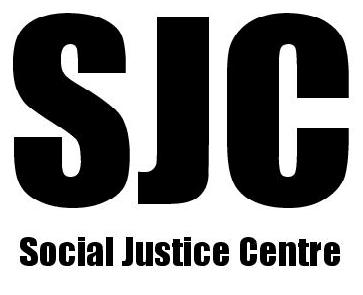
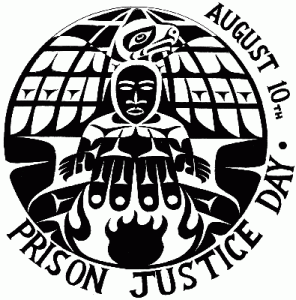
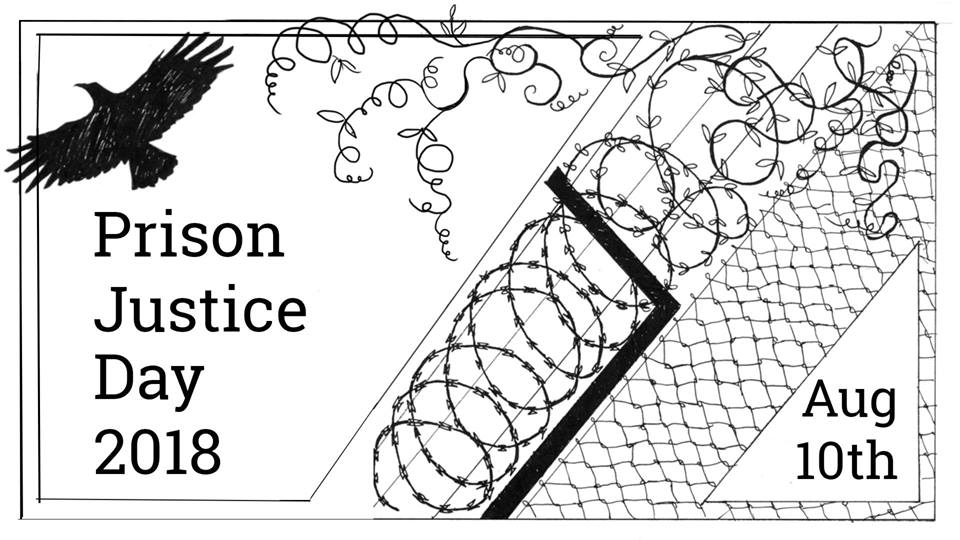
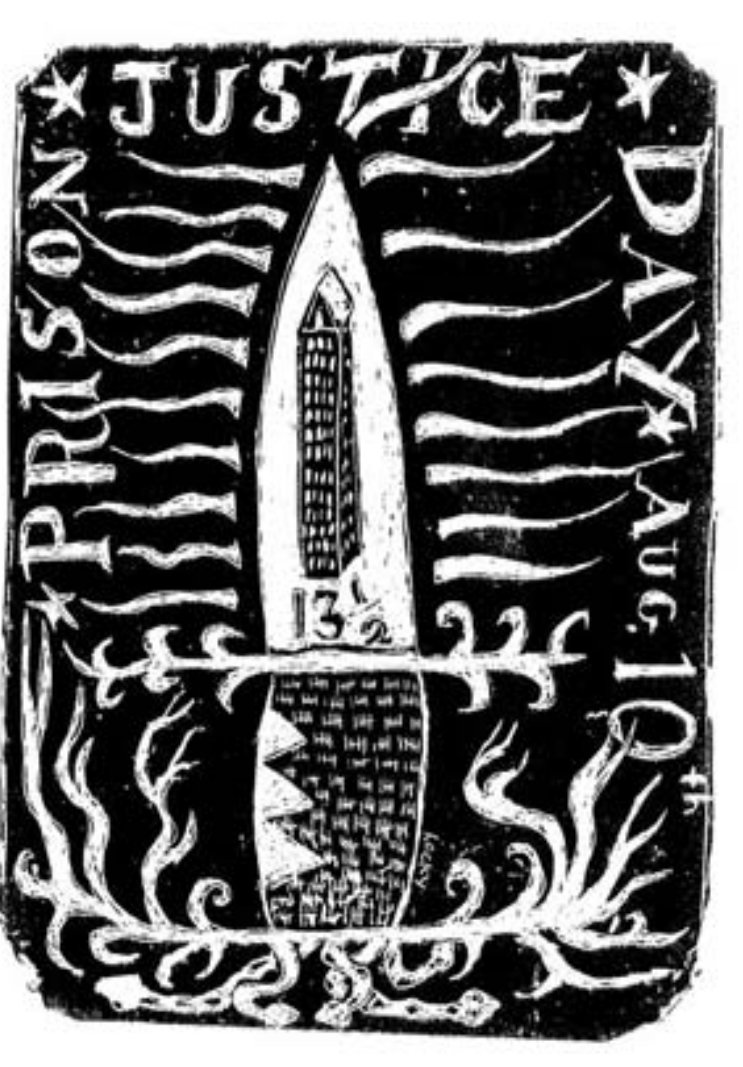
![Vancouver PJD poster, 2009 [Artist- Tania Willard, 2008].jpg](https://images.squarespace-cdn.com/content/v1/57620a4ac534a595c6d24362/1534125630719-VXMIDXGMJNJQLMZ8I9XW/Vancouver+PJD+poster%2C+2009+%5BArtist-+Tania+Willard%2C+2008%5D.jpg)
